There are certain types of people who can only be described as kind. It's written all over their demeanor and energy. Not only are they kind, but they go out of their way to make sure you're doing great: Random calls and check-ins, always available to talk out a problem and make you feel better about yourself and the situation, and if ever you need a ride at 4 a.m. to the airport? They got you.
But did you know that a lot of these "kind" people are really lonely?
That seems like an impossible concept, but it just might be very true. In an article from Global English Editing, writer Lachlan Brown wrote about 10 behaviors showcased by kind people who find themselves virtually friendless. Not having a large social circle is one thing, but feeling isolated and lonely because you don't have many, if any, friends? That's an emotionally challenging life for even the best of people.
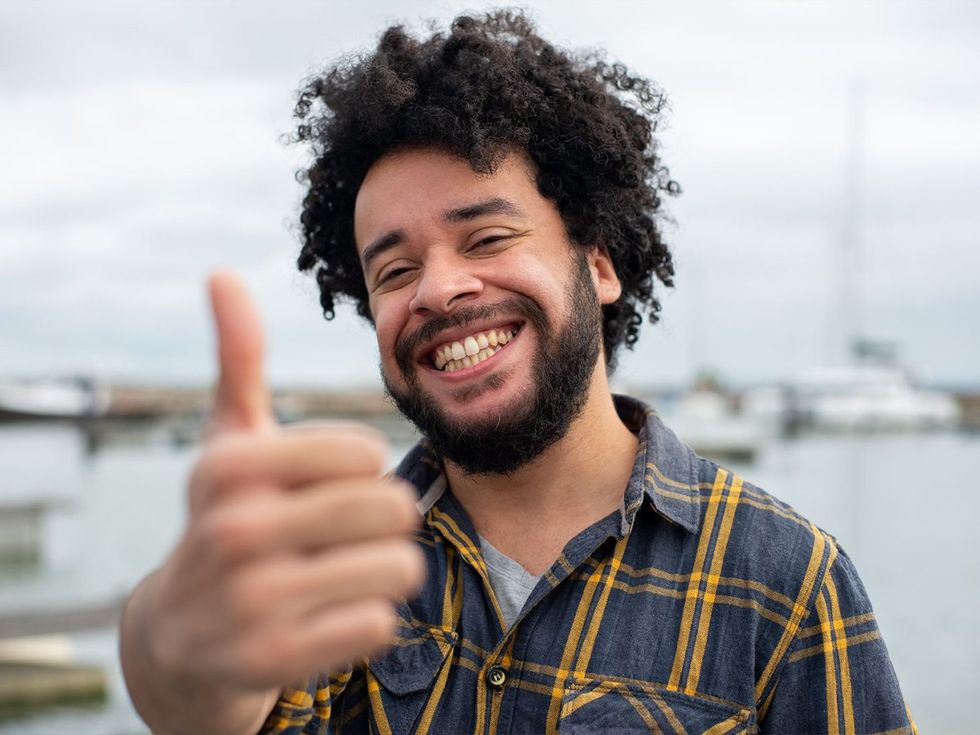
Sometimes the things people do can have unintentional outcomes. The same behaviors that can make people appear very kind can also be the exact reasons they find themselves alone. These are 10 things that kind yet lonely people do:
They prioritize other people's needs
Some people just go out of their own way to help. They are reliable and offer much of their time to aid others in need. Unfortunately, these types of relationships can become one-sided. True and bonding friendships are reciprocal. If you never allow the other person to show up for you, it's robbing them of the chance to be of service. Great friendships are give-and-take. Sometimes kind people are just too embarrassed to ask for help and have their own needs met.
They avoid conflict at all costs

Some people just want calm waters all the time. Conflict can be messy and it's most certainly uncomfortable. Psychology Today warns the wanting everyone to be happy in the short term doesn't necessarily suit the long term. People need to feel heard and have their boundaries respected in any and every relationship.
Avoiding arguments to make sure everyone is happy isn't building strong relationships. If you can't be honest and sometimes tough with your friends, no one's going to stand up for or confide in you when things get messy and hard.
They're emotionally sensitive
It's probably not too surprising that kind people tend to be emotionally intuitive. They can feel deeply and notice subtle shifts in others' moods. Some people get overly stimulated by social situations and need to leave or spend time alone. Greater Good Magazine suggests that because kind people are vulnerable and empathetic, they're often misunderstood themselves. Lack of understanding can lead to people drifting apart and, ultimately, the break of social connections.
They're not much for surface conversations
Some people aren't that chatty. They want deeper conversations so they can feel connection and value. Most people like to keep life on a surface level. A few cocktails and talking about politics or sports games makes for a loud and engaging evening.
Just because someone is kind doesn't mean they are also the "life of the party." Simple conversations in highly social environments may be great places to start new friendships, but sometimes kind people just don't want to be there.Their independence can look like isolation
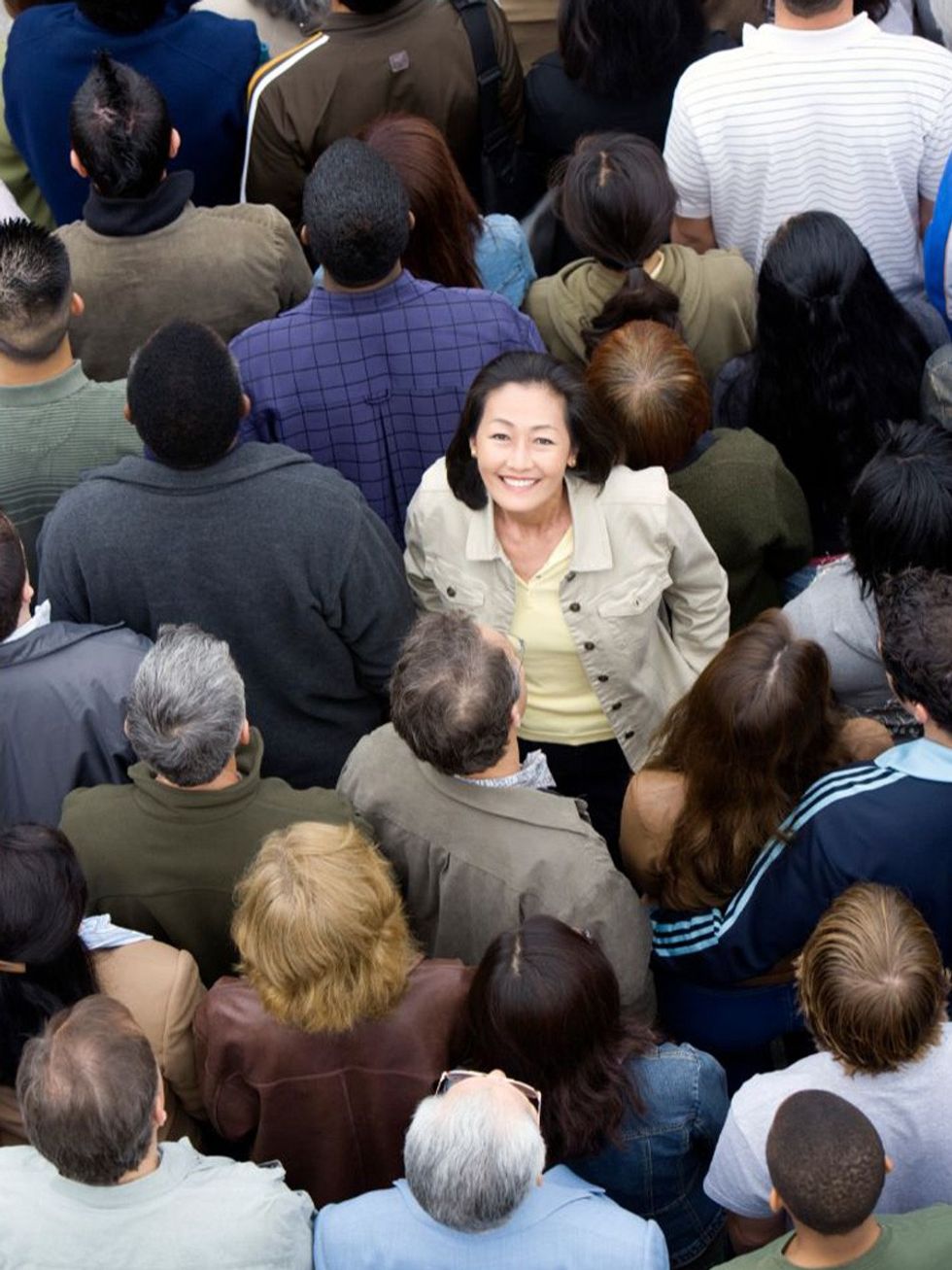
Kind people don't often ask for help. Between being self-reliant and wanting to avoid burdening other people, they're not going to speak up much. Good Therapy talks about the main reason people often avoid asking for help is "fear." The problem is if you never ask for assistance, people believe you don't need it. Being strong and independent are impressive qualities, but not necessarily what builds a large circle of friends. Being vulnerable means risk, and some kind people are just risk avoidant.
They attract takers instead of friends
Some people give and some people take. Science Daily referenced a study at the Universitaet Tübingen that found it's better to give than receive. However, "takers" are definitely going to find the people willing to give. Kind people can feel taken advantage of because they often are. This can lead to them pulling away and not trusting the people around them. It's hard to build strong friendships when you can't trust anyone. Setting boundaries can be difficult when you're a people pleaser and sometimes kindness and people-pleasing can overlap.
They fear rejection
Most people don't particularly enjoy being rejected. When a person is more sensitive and empathic, the pain caused by rejection goes much deeper. Remember, kind people don't want to hold anyone else down or be the source of discomfort for others. Instead of taking risks and leaning into their relationships, kind people may just become more kind, which is great for the people around them, and not so great for them.
They fear the pain of past hurts
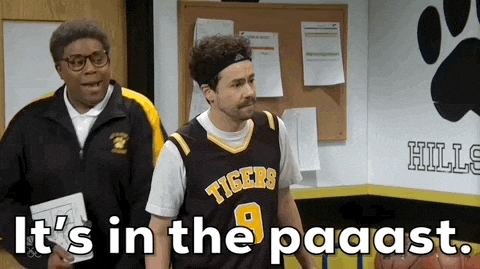
Once again, feeling your emotions deeply, while a beautiful trait, can be a kind person's downfall. For many kind people, and particularly those who are young and naive, they may get taken advantage of. As a result, many kind people are cautious and go out of their way to be liked. Avoidance and poor boundary setting causes problems. Using their kindness as a defense mechanism to navigate uncomfortable confrontations, the needs of kind people are often not met. Fear of retaliation or that people won't appreciate the real them can be a tough emotional burden, and burdens carried alone bring feelings of loneliness. This can turn into a cycle of pain, fear, and loneliness that could become a life-long issue.
They're unable to express their deep thoughts
Life is complex and as a result, there are plenty of ideas and concepts into which we can bury our thoughts. Many kind people think about these deep concepts but have no one to discuss them with. Not having a support system to lean into or failing to allow others to aid them can make kind people seem distant. Presenting yourself as completely self reliant is not what makes for a good friendship. This "go it alone" mentality ultimately pushes people away. It's difficult to cultivate friendships when not allowing others in. Simply Psychology suggests taking small steps toward being more open instead of giant leaps that can potentially cause more anxiety.
They suppress emotional needs
When kind people are overly concerned with other peoples' needs over their own, their is a nuanced suppression of their emotions and feelings. According to a 2018 article in Time:
"Emotions have energy that pushes up for expression, and to tamp them down, our minds and bodies use creative tactics—including muscular constriction and holding our breath. Symptoms like anxiety and depression, which are on the rise in the U.S., can stem from the way we deal with these underlying, automatic, hard-wired survival emotions, which are biological forces that should not be ignored."
Wanting others to feel safe and heard is an amazing quality. Not allowing space for yourself is risky for your personal mental health.
Some final thoughts
It's sad that so many people who put in the effort to be kind are emotionally neglected. Society often fails to come to their aid, or they inflict the pain on themselves through their actions. It's important for everyone to feel like they have a place to be heard and loved. Hopefully, if you resonate with some of these traits and experiences, you have someone to reach out to and talk about it with.
There are programs and professionals available to help ,too. One of the main issues for kind people that find themselves with fewer to no friends is an inability to set healthy boundaries. Boundaries help define a friendship. Good ones foster strong interactions, trust, and connection.
The National Council for Mental Health suggests three things for creating healthy boundaries:
"Understand your stressors and define your limits."
"Start with small, consistent adjustments."
"Practice self compassion."
We all love kind people. The hope is they receive love and kindness in return.





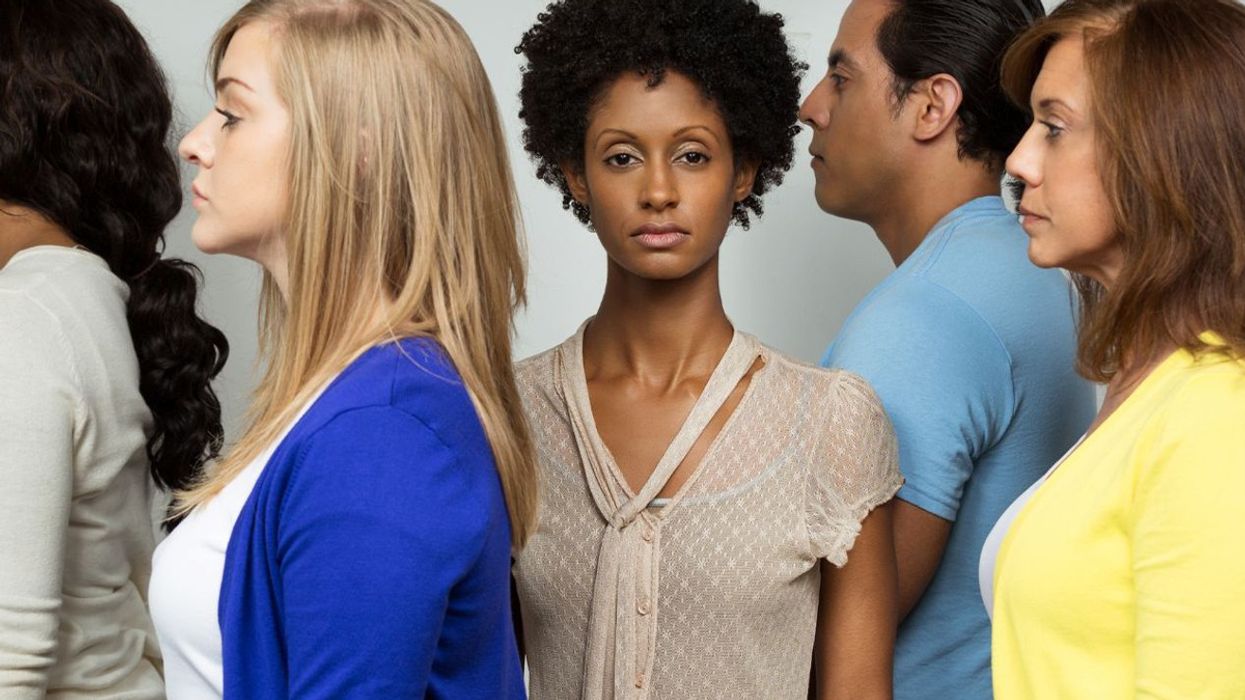

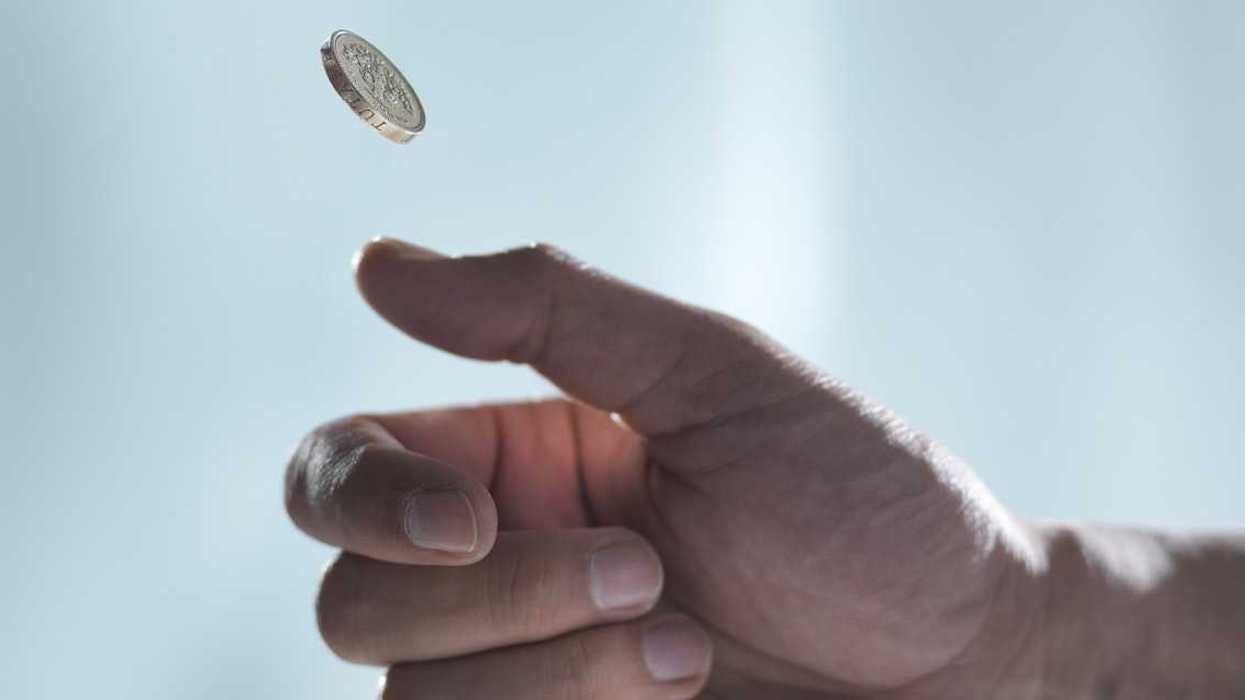
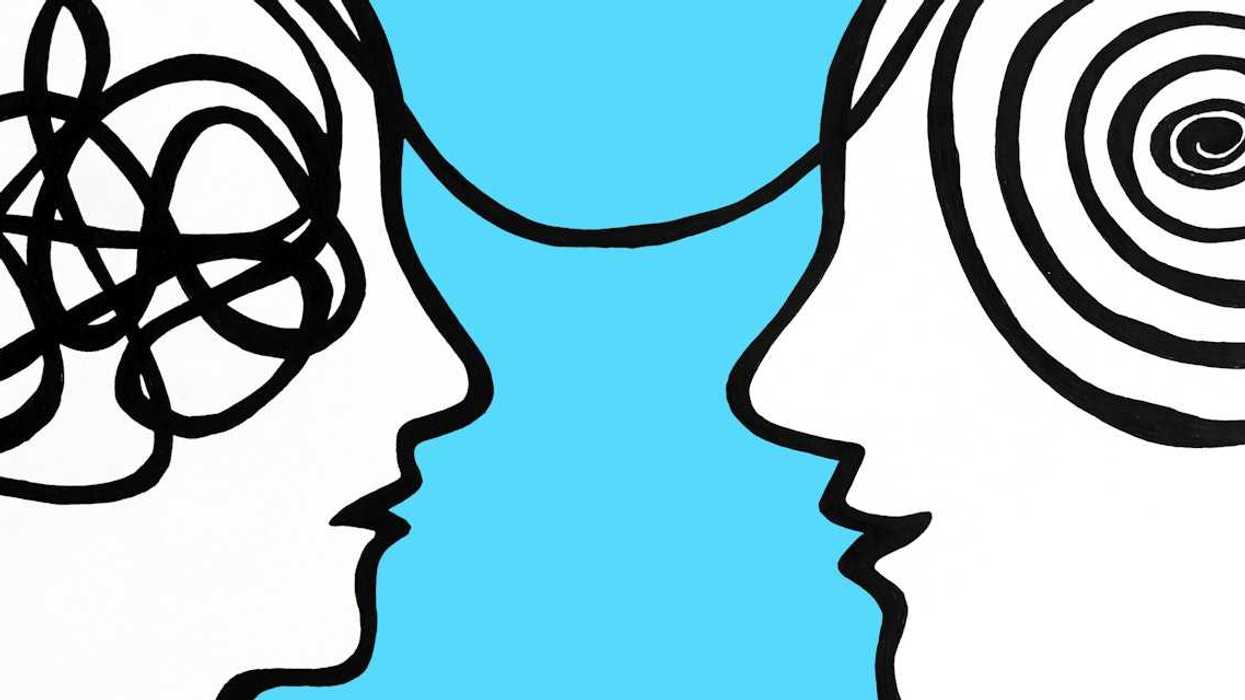

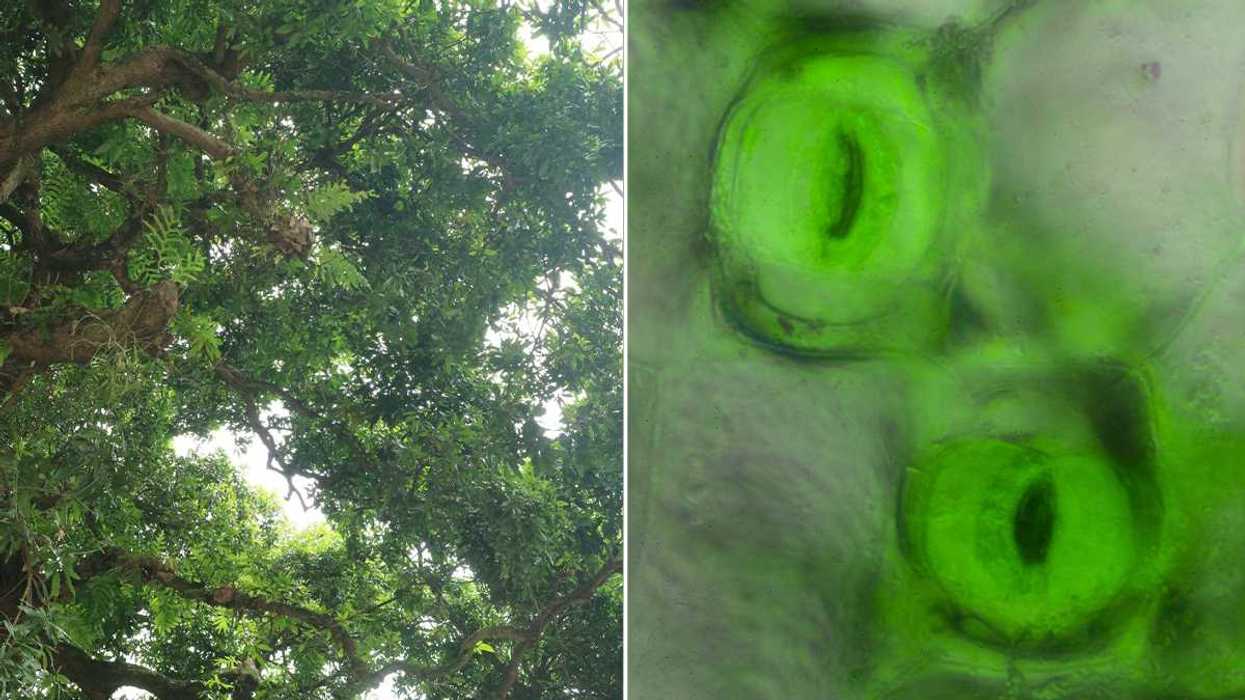





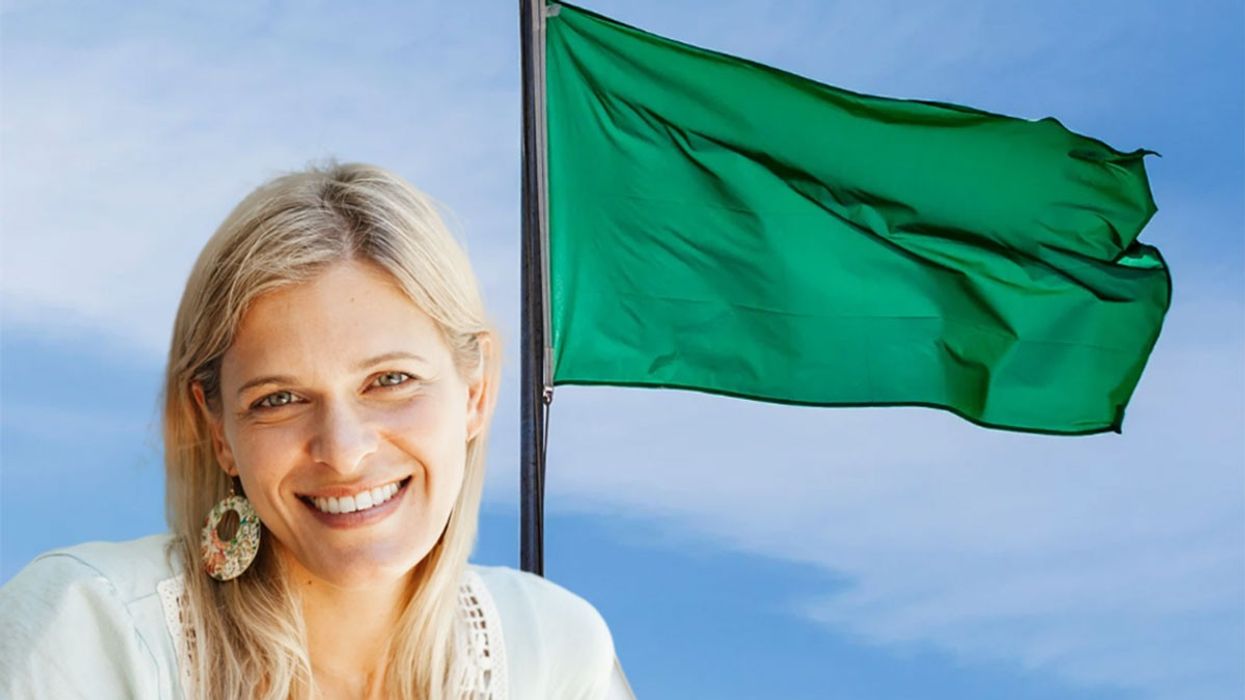
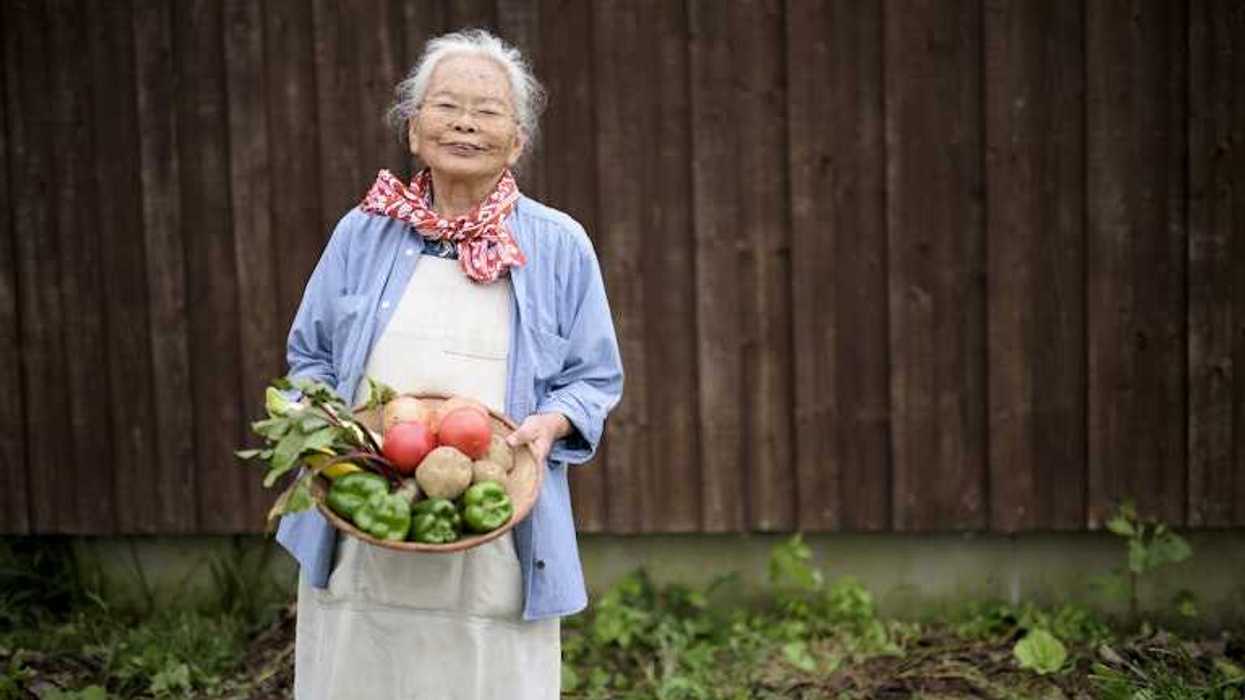
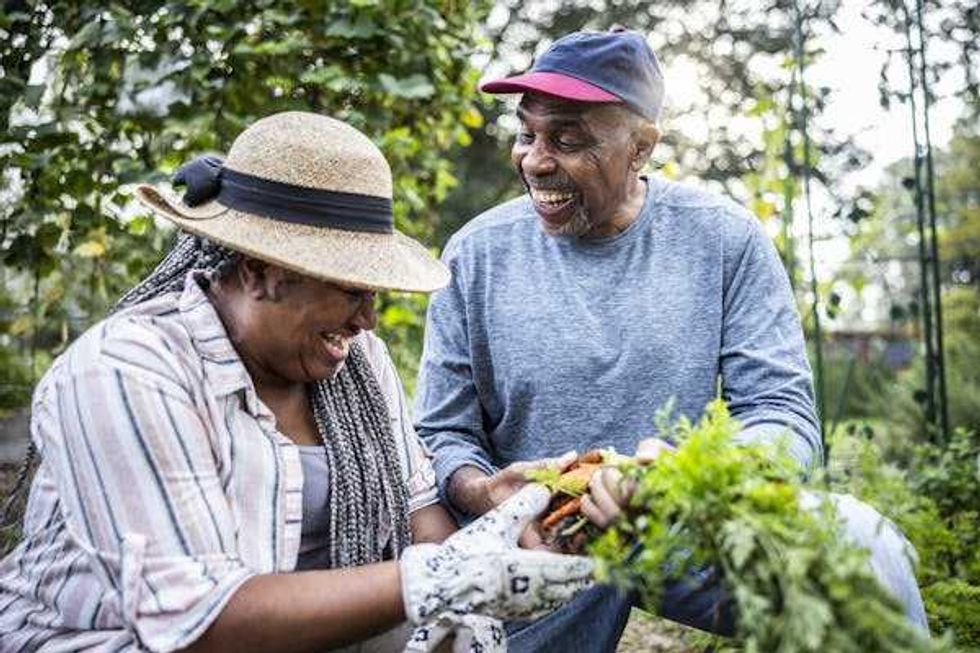 Regular exercise and a balanced diet are cornerstones to aging well.
Regular exercise and a balanced diet are cornerstones to aging well.


 Oral Wegovy pills were approved by the Food and Drug Administration in December 2025 and became available for purchase in the U.S. in January 2026.
Oral Wegovy pills were approved by the Food and Drug Administration in December 2025 and became available for purchase in the U.S. in January 2026. Despite the effectiveness of GLP-1 drugs for weight loss, there is still no replacement for healthy lifestyle patterns, including regular exercise.
Despite the effectiveness of GLP-1 drugs for weight loss, there is still no replacement for healthy lifestyle patterns, including regular exercise.


 What foods would you pick without diet culture telling you what to do?
What foods would you pick without diet culture telling you what to do?  Flexibility can help you adapt to – and enjoy – different food situations.
Flexibility can help you adapt to – and enjoy – different food situations.
 Anxious young woman in the rain.Photo credit
Anxious young woman in the rain.Photo credit  Woman takes notes.Photo credit
Woman takes notes.Photo credit